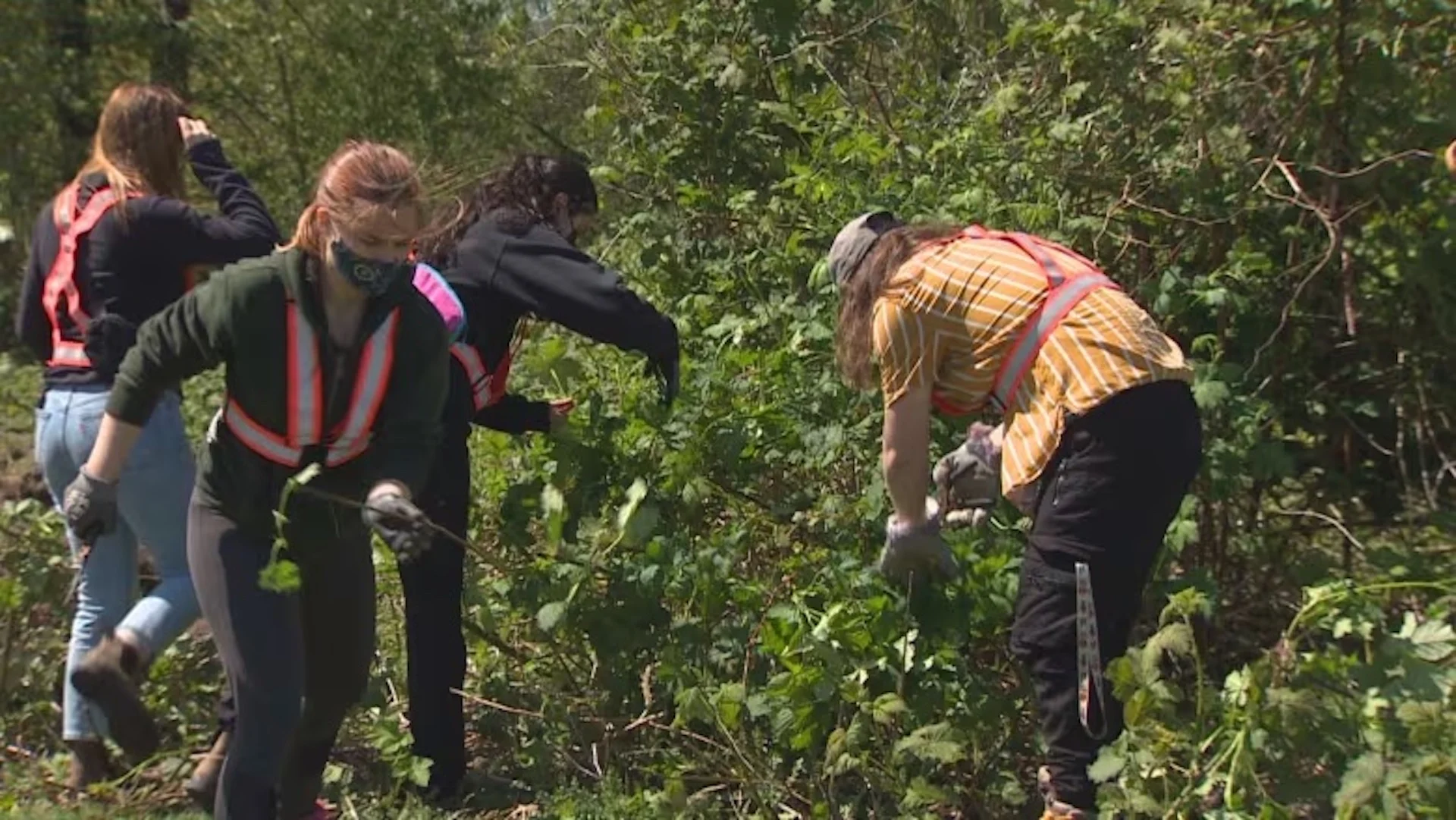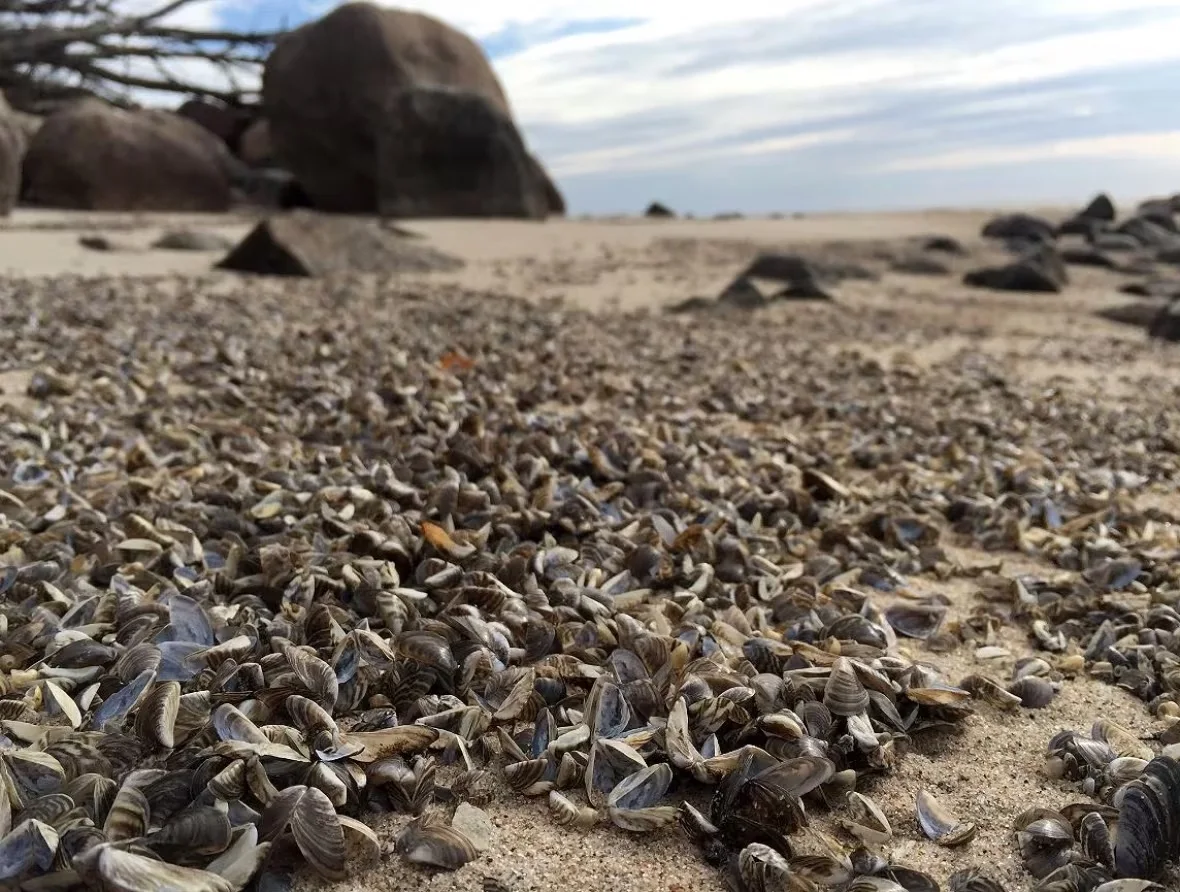
British Columbians urged to take action against invasive species
The B.C. Invasive Species Council is urging British Columbians to help stop the spread of invasive plants and animals in order to protect native species and support biodiversity.
This comes as the council releases a new Invasive Species Strategy, which aims to increase awareness around invasive species and prevent them from taking over B.C.'s natural habitats.
SEE ALSO: Send in the goats: Toronto to use 'eco-herd' to tackle invasive species
Invasive species, species not native to B.C., tend to harm the environment and the economy, according to the province.
"Invasive species add more robust fuel to wildfires, and they are among the first to establish in disturbed areas after floods and fires," council executive director Gail Wallin said in a statement.
B.C. First Nations Forestry Council chief executive officer Lennard Joe, also known as Suxwsxwwels, says invasive species have taken over areas where First Nations once gathered traditional foods and medicines.
"I put out a challenge for everyone to work together to implement this strategy ... to prevent new introductions, detect concerns early and put in place management practices that address this urgent issue threatening forested lands," he said.

Himalayan blackberry shrubs create large walls of greenery that can block off access to waterways and trails. (Submitted by Kirsten Noel)
The invasive species council said B.C. residents can help prevent the spread of some invasive species; for example, pet goldfish, when released into local waters, can starve out native fish, Wallin said, cautioning British Columbians against dumping them into lakes and streams.
As well, learning which species are native to your area when planting a garden will prevent local plants from being choked out by invasive knotweed, Himalayan blackberry or ivy, the council says.
Proper cleaning of watercraft helps prevent the spread of invasive mussels, according to B.C. Wildlife Federation executive director Jesse Zeman.
"Invasive species prevention and management is critical to ensuring everyone in B.C. can enjoy the bounty of this province for years to come," Zeman said in a news release.

Zebra mussels are one of the provincial government's priority invasive species. (Bartley Kives/CBC)
As of August 2023, the province said priority invasive species include emerald ash borers, spotted lantern flies, spiny water fleas, several species of crayfish, zebra and quagga mussels, soft-shelled turtles, Italian wall lizards and a variety of fish and plants. The only mammal on the list is the nutria, a rodent native to South America.
If you spot invasive plants or animals anywhere in B.C., you can report it to the provincial government.
WATCH: Check your shrubs: An invasive and destructive pest is spreading in Canada
Thumbnail courtesy of Martin Diotte/CBC News.
The story was originally written by and published for CBC News.









